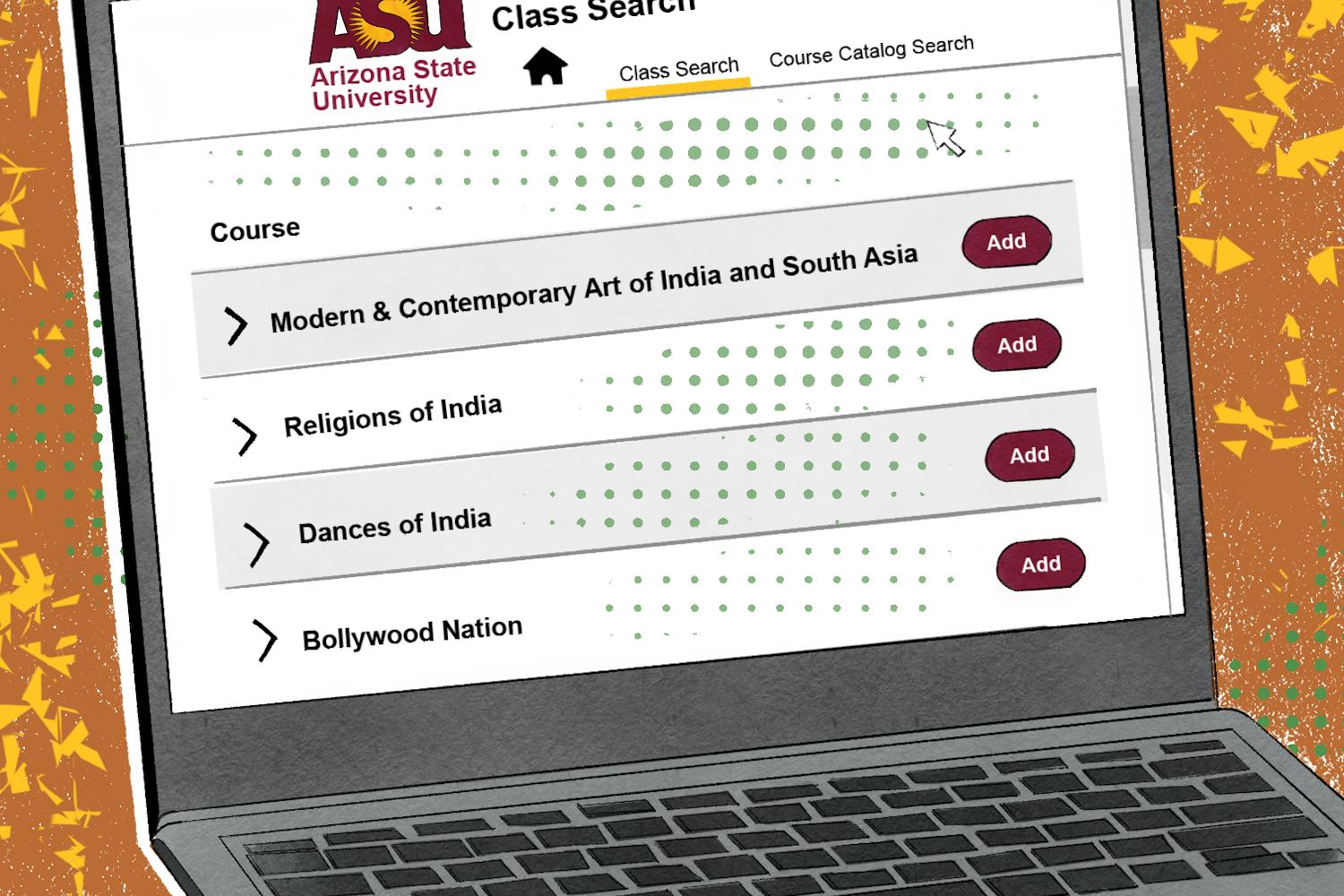Somewhere along the line, “faith” became a dirty word. Even worse than talking about faith is having it. I don’t identify with any religion, but I can’t seem to talk about faith earnestly without getting funny looks.
Even in conversations with my smartest peers, I wonder if they’re taking me seriously. I wonder if they think I’m exhibiting a lapse of judgment or if I’m simply getting lazy in my analysis of things. People I talk to must think faith is my default answer, a weak resolve when more legitimate explanations were lacking. They must think I’m being silly.
The late writer Christopher Hitchens called faith a “surrender of the mind.”
For Hitchens, faith is a destination that comes after the mind has exhausted all its resources, a sort of final resting place for knowledge. For me, a fence-sitting atheist, faith is not a destination, but an impetus that precedes all pursuits of knowledge and what drives thinkers into meaningful pursuits.
Call it a secret operating principle for all those in pursuit of the “meaning of life” — whether you believe in God, and whether you’re willing to talk about faith or not.
If to be human is to pursue meaning, then faith is what tells us that such a pursuit is worthwhile even when empirical evidence might suggest otherwise. Faith is about taking chances. It drives artists to create and it compels scientists to pioneer projects, even as both groups of people remain critical of the role it plays in the public sphere. Without faith, the work of artists and scientists fall into an existential hole of self-defeat.
Why do anything if you don’t have faith that it will matter?
I understand the jadedness, especially when I think hard about the role that religious faiths play in politics.
But having faith isn’t trivial, and faith doesn’t need to exist only behind religious pretenses. Even in an unreligious context, faith can still remain the greatest factor — the underlying principle — behind intellectual and artistic ventures.
We live in a world that tells us nothing we do will be worthwhile. Creative people seem intensely preoccupied with the anxiety that their ideas will never be original, while students are told to rethink their degrees because they’re accompanied by a lifetime of unpayable debt. Embracing even the smallest moments of faith propels us to continue learning and creating things that are meaningful to us, even when life isn’t easy.
I suppose the kind of faith I’m endorsing is less like the faith we typically hear naysayers criticize or the kind spiritual types revere. It’s less about believing blindly, and more about taking a leap of trust especially when it is easier to resign to the cynicism that suggests this is as good as it gets.
It’s not the intention of this column to ruminate over the role religious faith plays in our public and personal lives. Faith isn’t a dirty word and it isn’t a dumb talking point: It isn’t always easy to have faith. In a time in which hope is demeaned as a vestigial emotion, how daring it is to have faith and to believe beyond rational recognition that you can contribute to something greater than yourself.
It might serve us to be more suspicious of those who insist that faith is obsolete, to probe with grave intent: Who is benefiting from our lack of faith?
Reach the columnist at ctruong1@asu.edu or follow her on Twitter @ce_truong
Want to join the conversation? Send an email to opiniondesk.statepress@gmail.com. Keep letters under 300 words and be sure to include your university affiliation. Anonymity will not be granted.



